Single-cell technology is proving to be a fruitful research tool. Over the past few years, advancements in single-cell genomics and other ‘omics approaches have enabled diseases, like cancer, to be studied at greater resolution. Now able to more finely dissect the clonal components of tumors, scientists are extracting valuable insights into how cancer develops and responds to therapies. Breakthroughs in translational research show promise for enhancing diagnosis and treatment strategies in a clinical setting.
Whether you are new to single-cell technology or would like to brush up on your knowledge, we have selected four articles that discuss these technologies and their various applications. For your convenience, see below for a few topics covered in each article. Happy reading!
- Lim B et al. Advancing cancer research and medicine with single-cell genomics. Cancer Cell. 2020 Apr 13;37(4):456-470.
- Current single-cell technologies
- Premalignant cancer states, clonal evolution, & resistance mechanisms
- Applications for cancer detection and treatment
- Mission Bio cited papers: McMahon et al. 2019, Pellegrino et al. 2018
- Kashima Y et al. Single-cell sequencing techniques from individual to multiomics analyses. Exp Mol Med. 2020 Sep;52(9):1419-1427
- Single-cell genomic, transcriptomic, and epigenomic sequencing
- Elucidating cancer heterogeneity
- Cell lineage and differentiation state
- Integrating layers of single-cell data
- Mission Bio cited paper: McMahon et al. 2019
- LeMieux J. Precision medicine looks beyond DNA sequences. GEN Genetic Engineering & Biotechnology News Vol. 38, No. 20, November 15, 2018 Copyright © GEN Publishing pp. 1, 22, 24–25. A look at three companies involved in precision healthcare, including Mission Bio:
- Characterization of cell-to-cell genomic differences
- Identification of minimal residual disease (MRD)
- Improved stratification and therapy selection
- Analysis of genome editing in single cells
- Strzelecka PM et al. Dissecting human disease with single-cell omics: application in model systems and in the clinic. Dis Model Mech. 2018 Nov 5;11(11):dmm036525.
- Single-cell genomics, transcriptomics, epigenomics, proteomics, & multi-omics
- Host-pathogen interactions
- Cancer heterogeneity
- Brain disorders
If you would like to read more about the applications of single-cell DNA sequencing and multi-omics, see this list of publications from our customers.
Interested in learning more about how you can use single-cell multi-omics? See how we can help.










